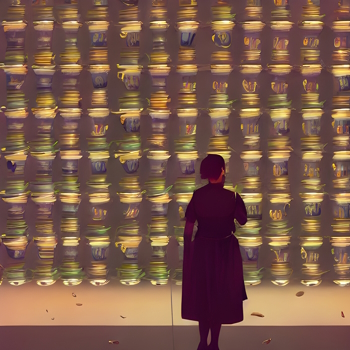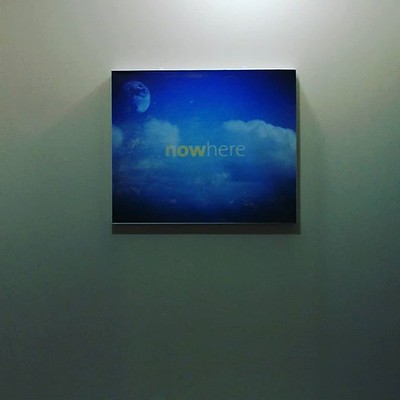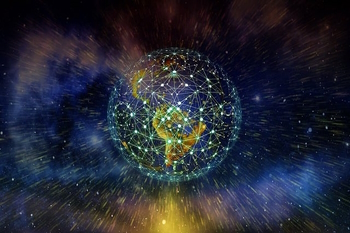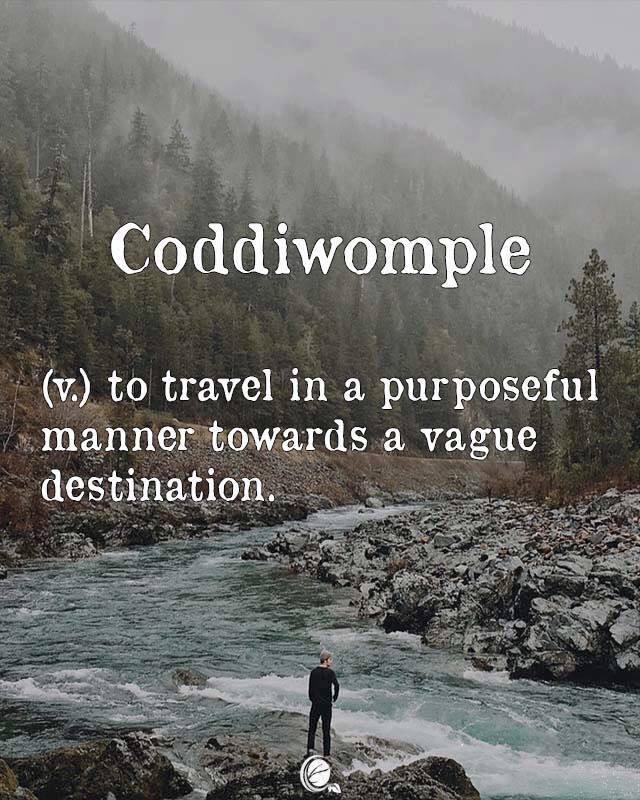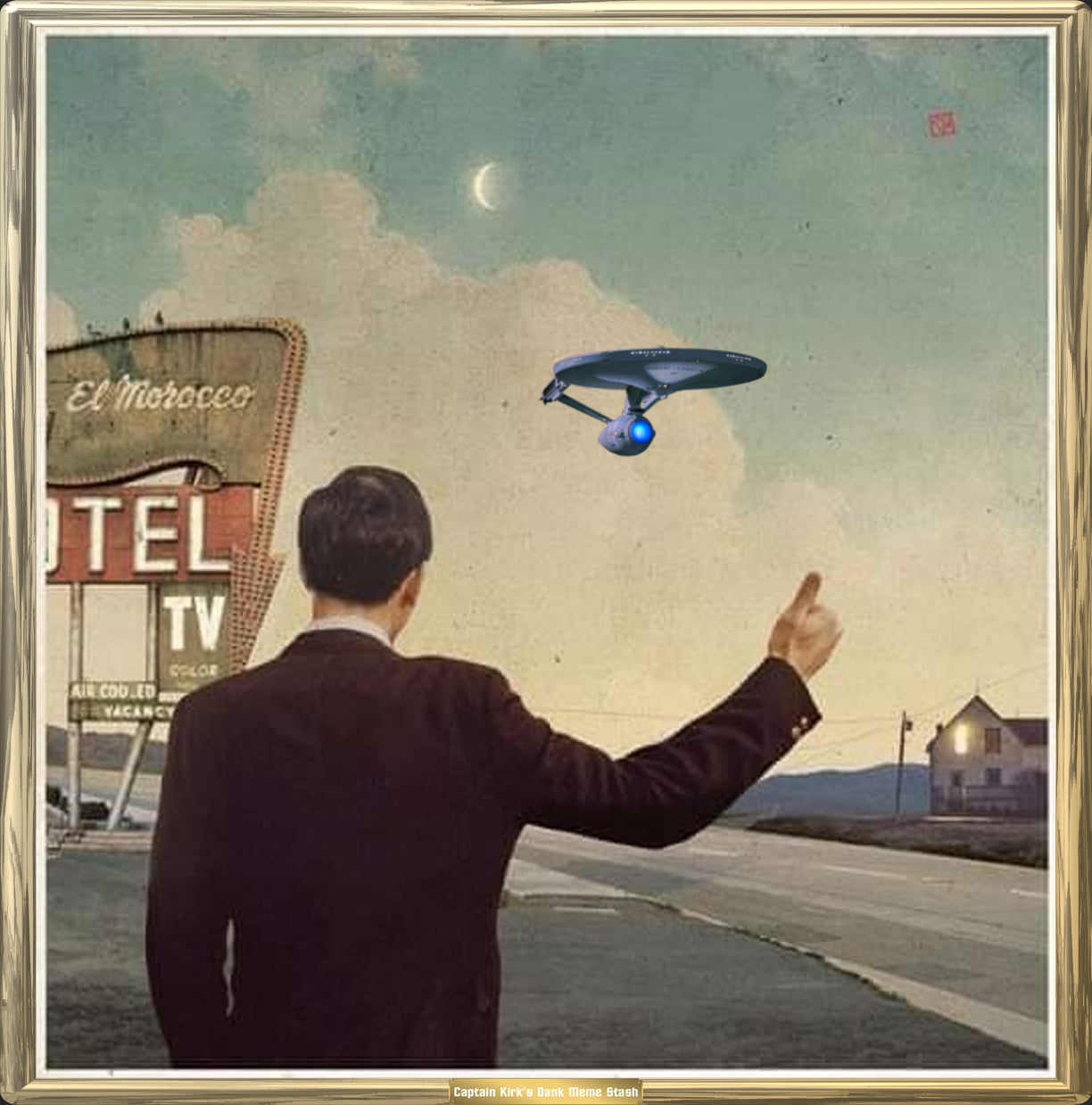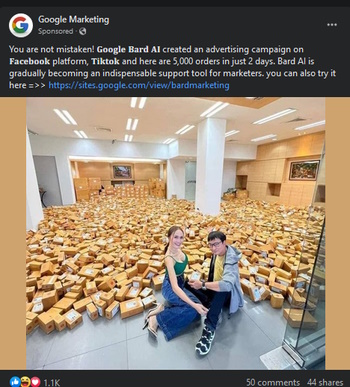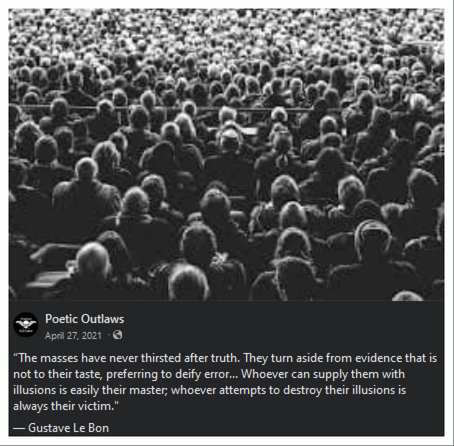
I was reading GS’s “Not Successful Enough?”, and I wanted to take this in a different direction because I don’t think it’s about success.
Success means different things to different people, but most of the time when people refer to being successful they mean financial success, or career ‘success’, whatever that might be.
What do you consider successful beyond those red dots? We’re told that’s success, we’re indoctrinated to believe it’s success because we send off the little kids to go to school so that they can get jobs so that they can be… successful.
In some part, our parents and family determine what we believe what success is, but it’s institutionalized in our schools and even in advertising what success is.
They also say you need to have children, which makes sense in a way since that’s how you pass on all that genetic soup made up of male and female zygotes so that they too can be… successful. Most of the zygotes, by the way – the vast majority – are not considered successful, not because they don’t have jobs and fancy titles, but because their job is really to be numerous in the hope one of them is successful. That’s really the larger game being played with jobs and titles by homo sapiens.
I used to think that money mattered, and it does to some degree but not as much as people who want you to buy their crap want you to think. I never really thought titles mattered because I have so many people who are in some sort of authority that are idiots and consistently screw things up that I’m not impressed by titles, or diplomas, or academic degrees.
If there is any success for a human in this world, it’s based on a value. Different cultures have different values, different families instill (or not) different values, and different people have different values. The question about success is really a question of, say it out loud, values.
If you don’t feel your successful enough, take some time and consider what you believe your values to be. Look back on the things you felt successful about, or what you believe you failed at. You can’t miss the feeling of success or failure, they stand out. Maybe write a list. Maybe do a spreadsheet. Just do it. Examine each success and each failure. Examine the values associated with them. Examine the circumstances around them.
And work on the values, maybe. Maybe what you presently believe is success is not really what you feel is successful. Maybe you’re just making yourself unhappy for no good reason, stressing out over the need to buy meaningless crap to impress meaningless people with the net result of having a meaningless life.
There are two people who drive nice BMWs in my neighborhood, and I’m friends with them despite having a Hyundai. They constantly complain about parts, service, etc. They’re successful, right? Are they? They’re unhappy with their cars, so that doesn’t seem much like success to me, but people see them in these cars and believe they are successful because… why?
I believe that while we’re all in this artificial rat race of life that gives some advantages over others – and regardless of how it is done, some people will always have some advantages – if you can find meaning and value in what you do, you are more of a success than advertising campaigns would have you believe. You may well be a success in many ways and are simply wanting to appear successful.
The people who matter in life see your value beyond what they can use you for and what they can get from you. If you’re being told you’re not a success, question the intentions of the people making you believe it.
Meanwhile, be nice to the people who deserve it and even some that don’t.
